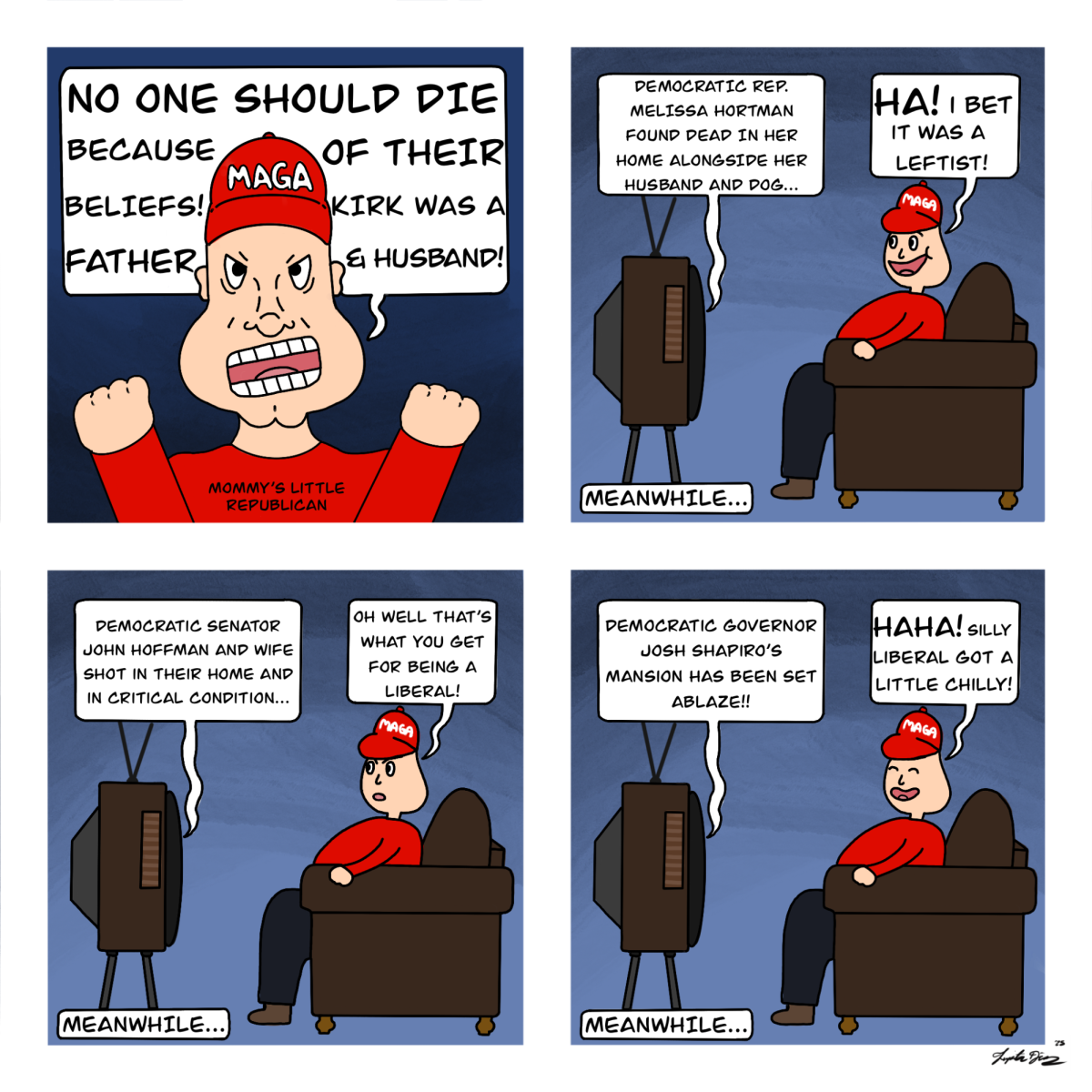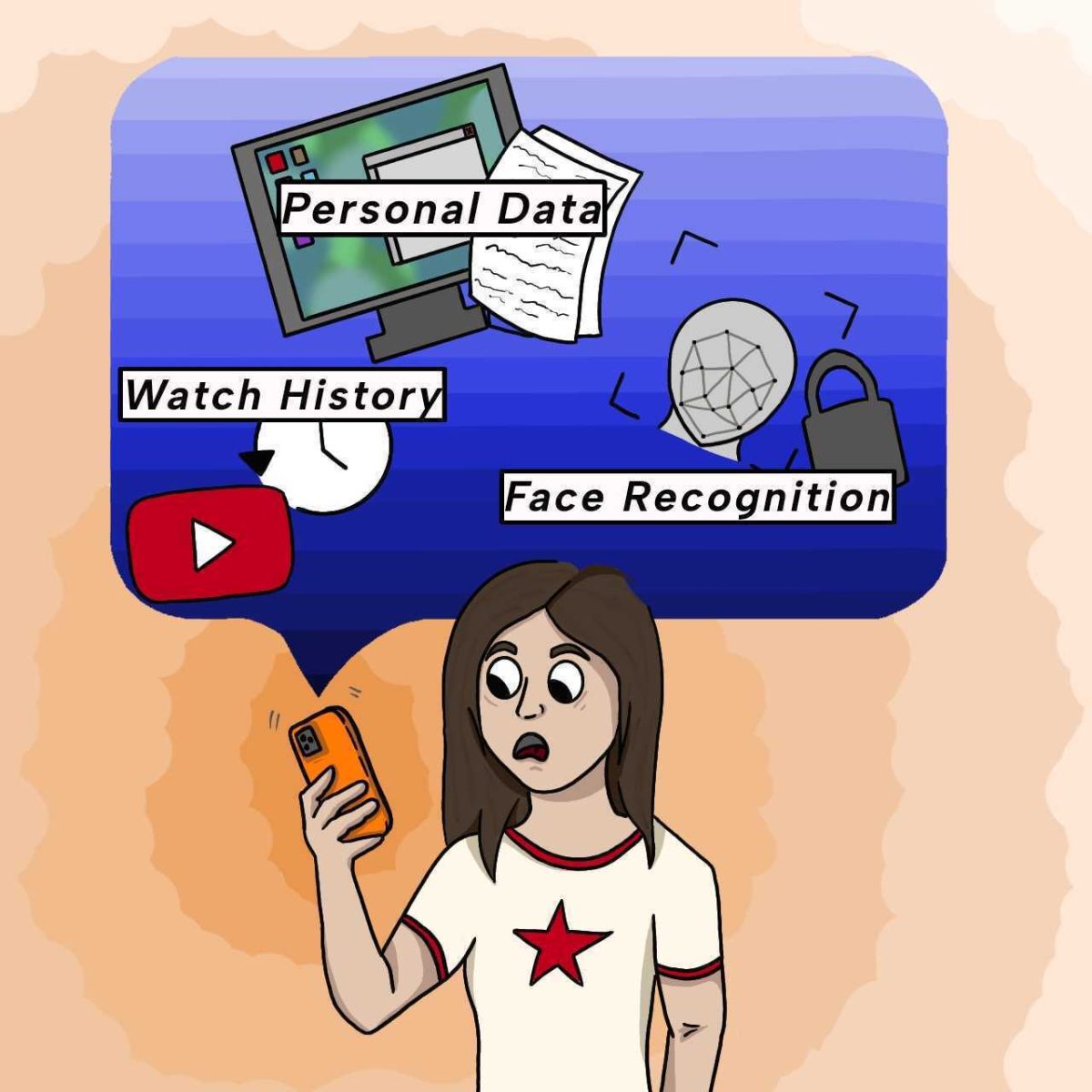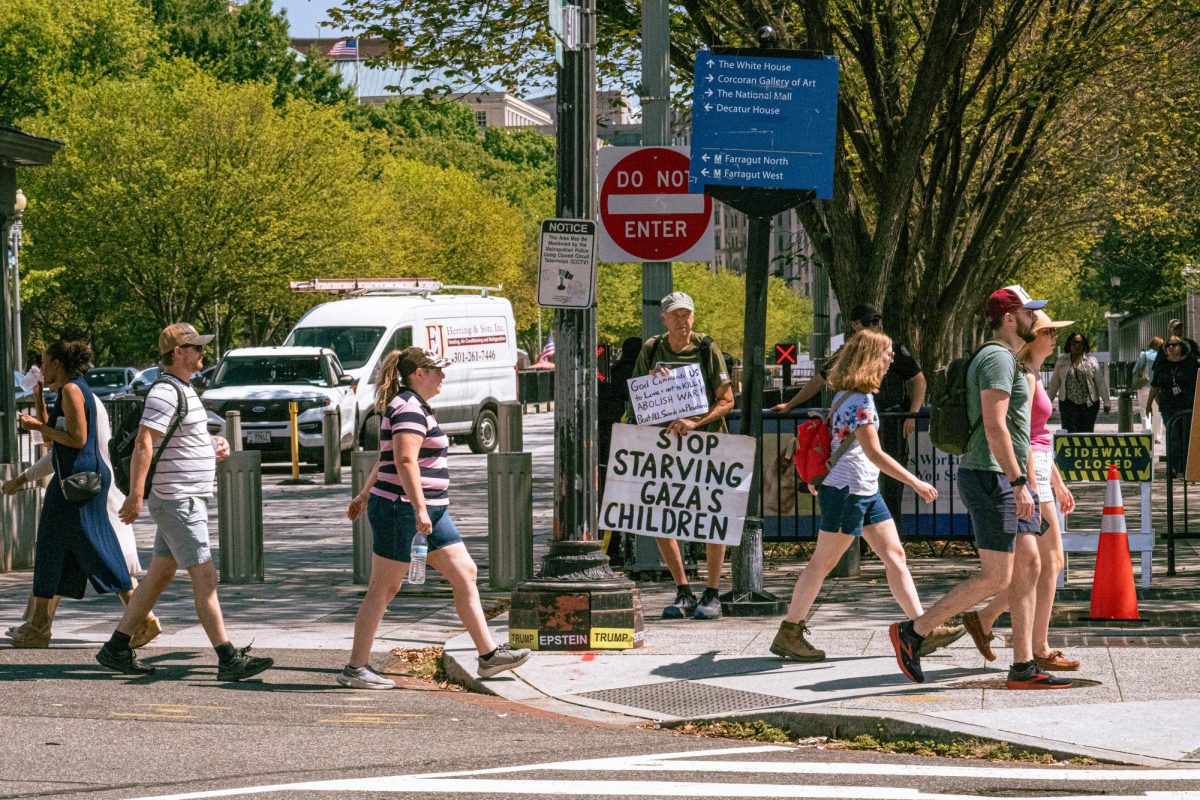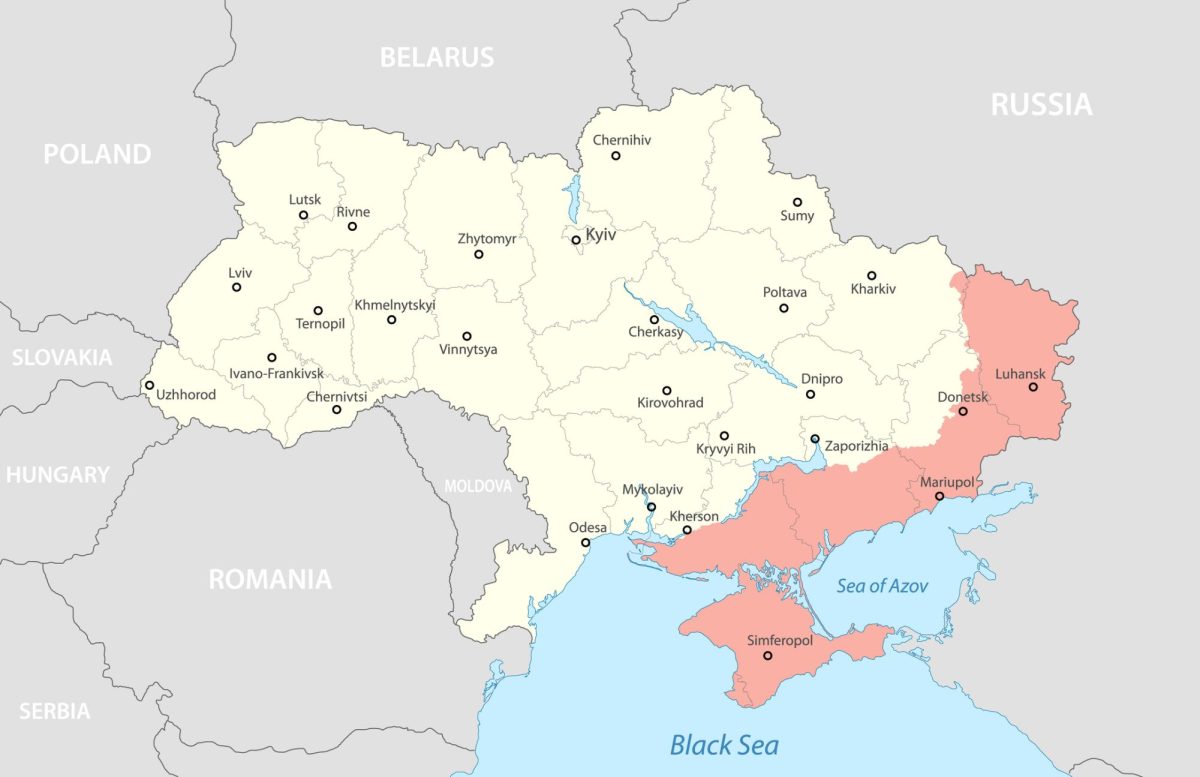My myopic self and I have problems. We’re not exactly on speaking terms.
Anxiety has followed me for as long as I can remember, but it was the worst at the beginning of high school when I was at my most vulnerable. During those years, I was a passenger in my own headspace. Anxiety — my myopic self — had taken the wheel, and it wasn’t letting go.
Here’s how it worked: I might really want to go out to eat, maybe take a walk or go to the library, but my myopic self says: no, you can’t go out, that’s where people are, and people don’t like you.
What if you embarrass yourself? What if you say something stupid? What if they see you? Being seen, that’s the worst that can happen.
People with anxiety like mine operate on the notion that, when we walk into a room for the first time, everyone already dislikes us. Our job is to keep our heads down, be as quiet as possible and make sure not to make them dislike us more. In a strange way, anxiety makes you selfish. It makes you feel like the world is a stage, its people are the audience audience and you are the sad performer.
Essentially, my myopic self has an inflated ego.
It is convinced everyone and everything is paying attention solely to it. Really, nobody cares. People have their own lives outside of the narrow field of vision that makes up your own. That person I embarrassed myself in front of years ago has already forgotten I exist while I still toss and turn in bed thinking about it.
But saying that is one thing, believing is another. I can’t convince myself it’s true. There’s always a lingering doubt.
The truth is, my myopic self lied to me, and yours is lying to you as well. For years I isolated myself from risk, from people, from anything that might have proved to be even a mild challenge. I did this because my anxiety told me it would keep me safe and happy.
It did the very opposite.
I don’t like the term “anxiety,” at least not in the way it’s used today. Everybody has anxiety, it’s practically built into the human code. To me, saying you have anxiety is like saying you get dressed in the morning — sure you do, we all do. There is always a sinister voice whispering in your ear “This will go badly.”
The difference lies in how you respond. Some say “You’re wrong,” others say “You’re right.” It took me years to realize there was a choice. That’s what bad anxiety looks like: not realizing there is any other path than the one of least resistance.
One day, on a whim, I took a risk and reached out to a friend I hadn’t talked to in years, asking if he wanted to play a game. Years later, he is my best friend.
When I made that decision, I ignored my myopic self. It told me he would hate me after so many years of silence, it told me I was being a nuisance by bothering him, it told me anything it could to try and keep me from being happy. Luckily, I didn’t listen. I chose to say “You’re wrong.”
Today, I can credit my relationships with some of the most important people in my life to that single defiant decision.
But what even is a myopic self? Being myopic means to be shortsighted. It means only the closest things are visible and everything else is just a blur. Anxiety wants you to view life only in the short term, that’s the only way it can sustain itself.
If anxiety can convince you your life is only measured in singular moments, and that those singular moments are the difference between being liked or being hated – between life and death – it will never lose its grip on you.
If you listen to anxiety as I did for most of my life, like I still do from time to time, you will live a life full of fear and loneliness, and that’s no way to live.
Your myopic self is not you. Your life isn’t measured in singular moments, but in millions. To break free from anxiety is to see life in the long term. When I stop worrying about the here and now, stop spiraling over what might go wrong, I discover that all of those little self-destructive scenarios that race through my head are irrational.
They’re not worth wasting energy on. They’re not real.
When I look back on the friends I’ve made and the memories I’ve created, I can follow a common thread: they all came from taking risks, from saying no to my myopic self.
Things might go wrong, and your anxiety will tell you it’s the end of the world when, really, it’s just another moment in a million. And on the chance that things go right, it could be the beginning of an entirely new world. It could be the beginning of a million little happy moments.




















